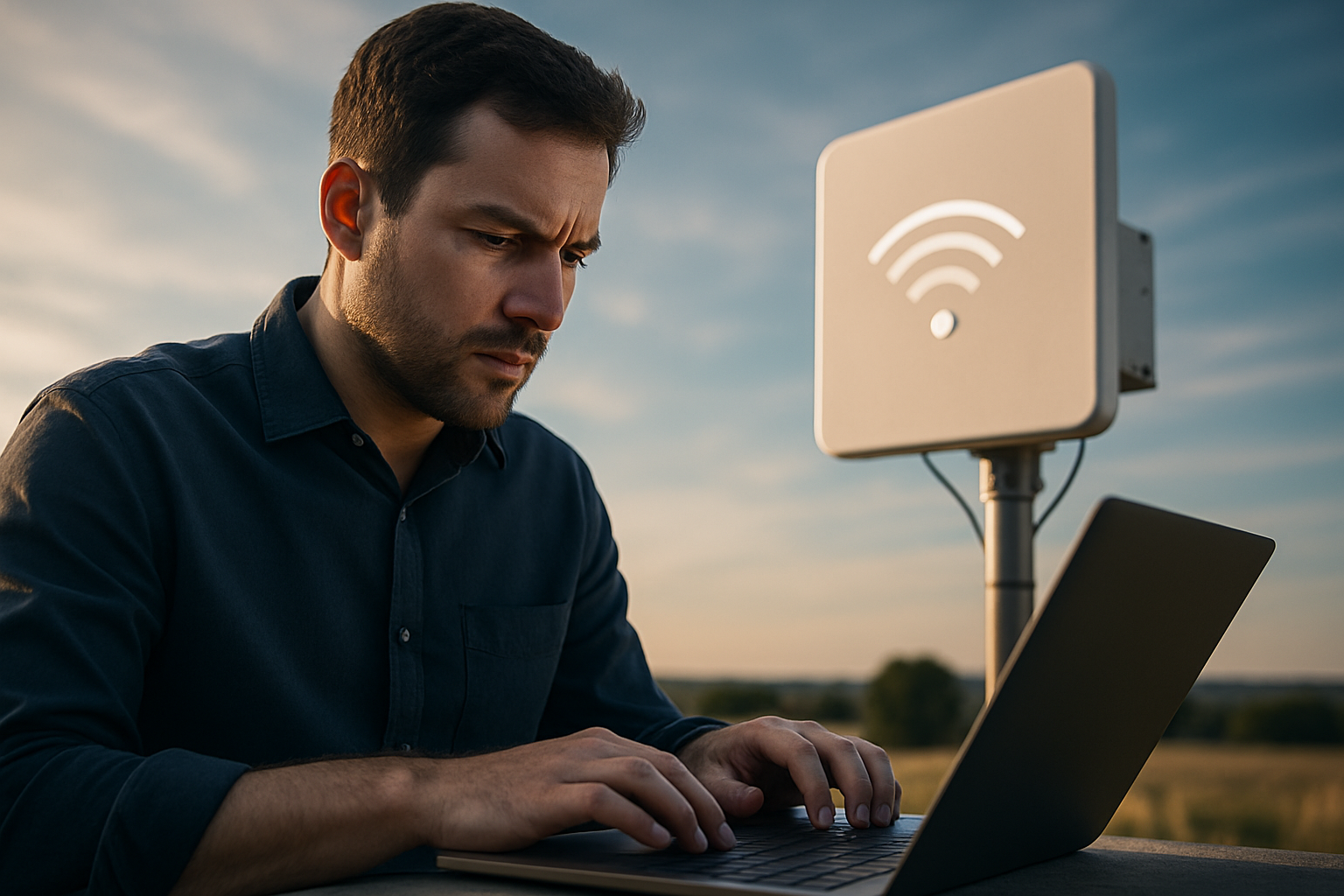Digital Rhythm: Tracing the Emergence of Virtual Concerts
A Digital Concert, a term that may have sounded peculiar a few years ago, is now a mainstay in the world of entertainment. This article embarks on the journey of the evolution of virtual concerts, their significance in today's world, and the impact they have made in the music industry.

Tracing the Roots
The concept of virtual concerts has its roots in the early 2000s, with the rise of internet connectivity and the development of digital platforms. Artists started experimenting with this new medium, offering live performances over the internet. However, it was not until the COVID-19 pandemic that virtual concerts became a mainstream form of entertainment, as lockdowns and social distancing norms forced artists and performers to find new ways to connect with their audiences.
The COVID-19 Catalyst
The global pandemic acted as a catalyst for the growth of virtual concerts. With physical events and concerts being canceled worldwide, artists turned to digital platforms to perform. Billie Eilish, BTS, and Dua Lipa are some of the many artists who held hugely successful virtual concerts, attracting millions of viewers from across the globe.
Impact on the Music Industry
Virtual concerts have had a significant impact on the music industry. They have democratized access to live music, allowing fans from all over the world to witness their favorite artists perform live, from the comfort of their homes. Moreover, they have created new revenue streams for artists and the industry at a time when traditional sources have been severely hit.
The Significance and Reception
The significance of virtual concerts in today’s world is immense. They have provided artists with a platform to express their creativity and connect with fans in a time of isolation. They have also proved to be a lifeline for the music industry, riddled with uncertainties due to the pandemic. The reception has been overwhelmingly positive, with fans appreciating the effort put into creating high-quality virtual experiences.
Looking Ahead
As we move forward, virtual concerts are likely to remain a part of the entertainment landscape. They have proven to be a viable alternative to traditional concerts, with their ability to reach global audiences and offer immersive experiences. Despite the challenges, they have shown the potential to revolutionize the way we consume live music.
In conclusion, the emergence of virtual concerts has been a game-changer for the music industry. They have not only helped artists and the industry navigate through a global pandemic but also paved the way for a new form of artistic expression. As we look towards the future, it is clear that virtual concerts will continue to play a significant role in shaping the world of live music.






